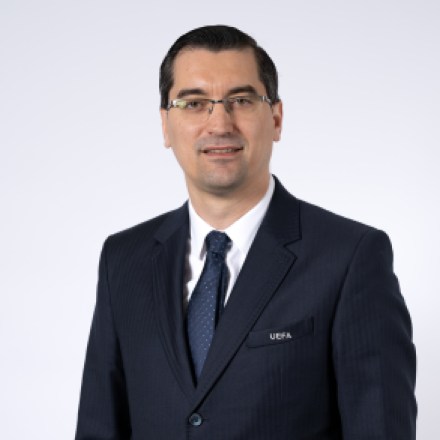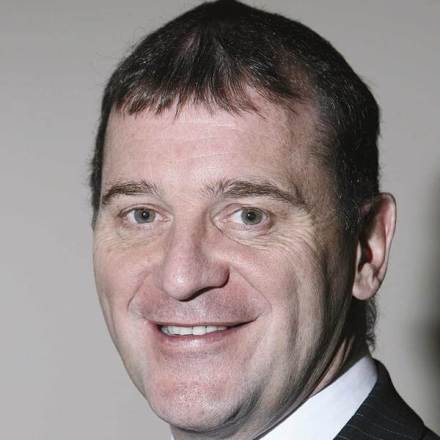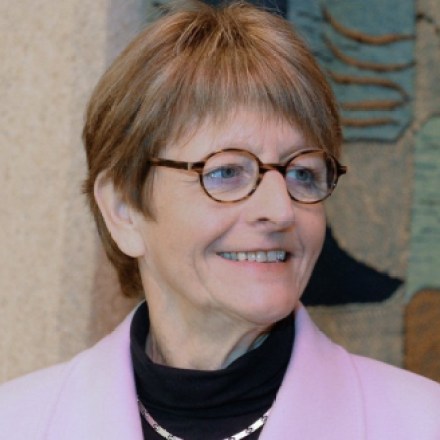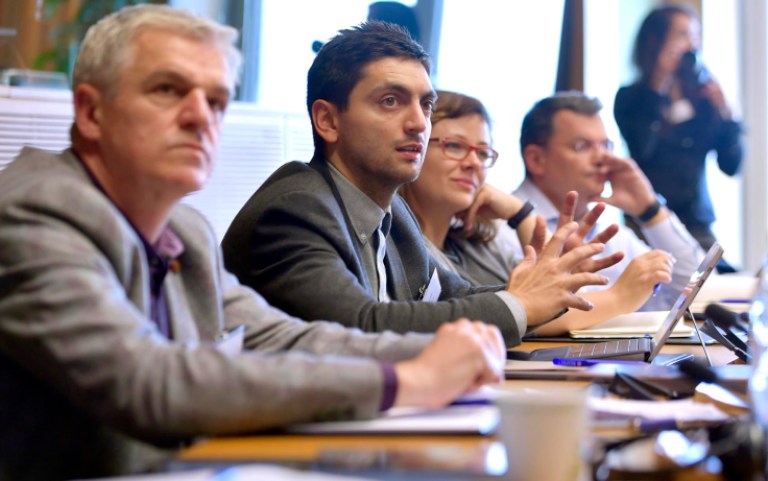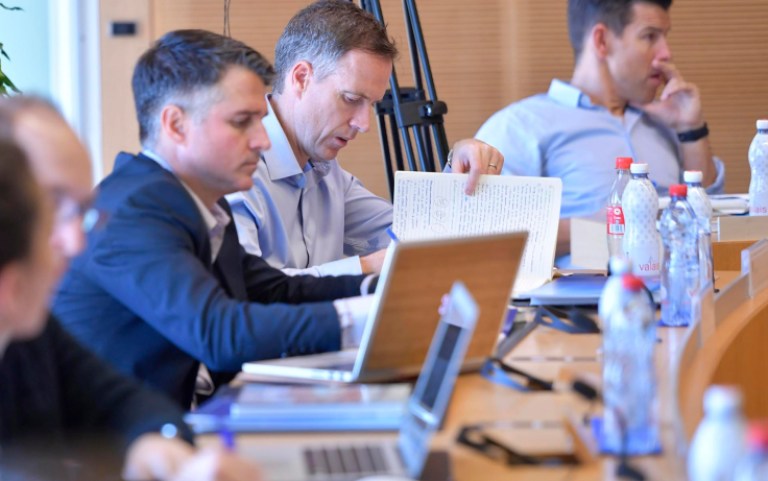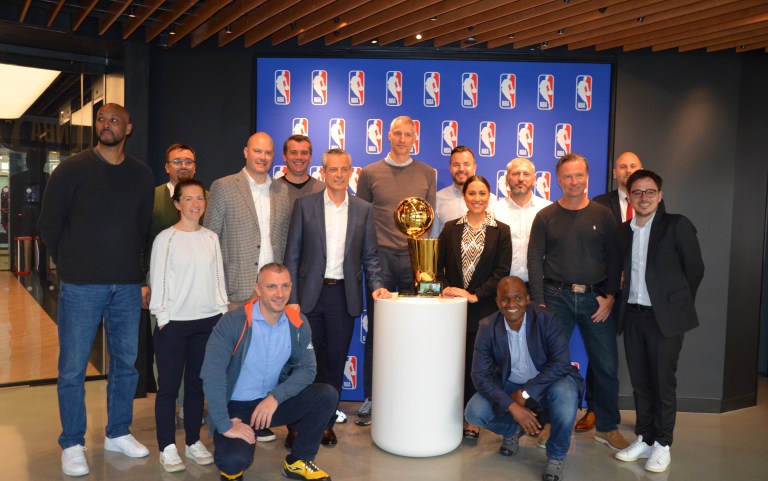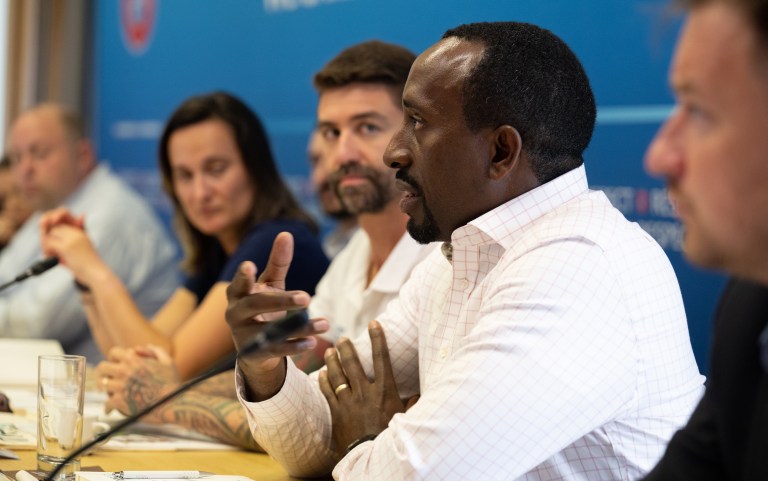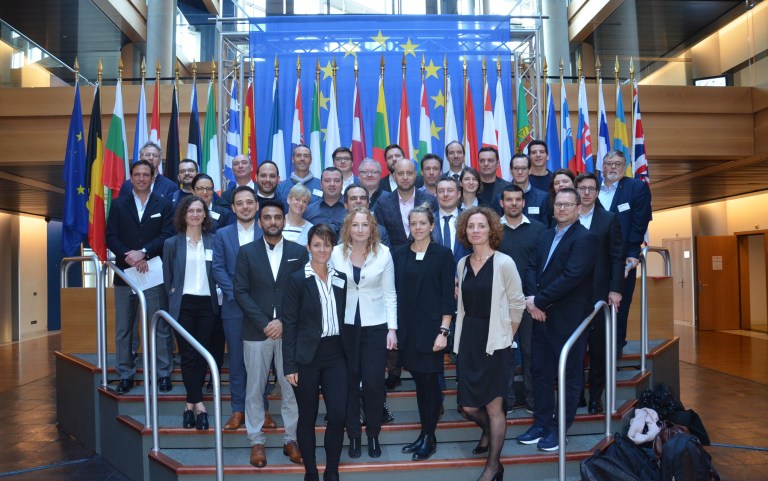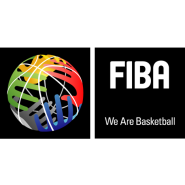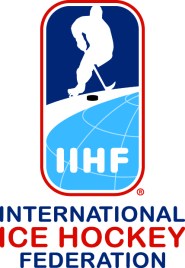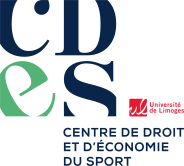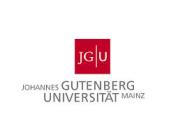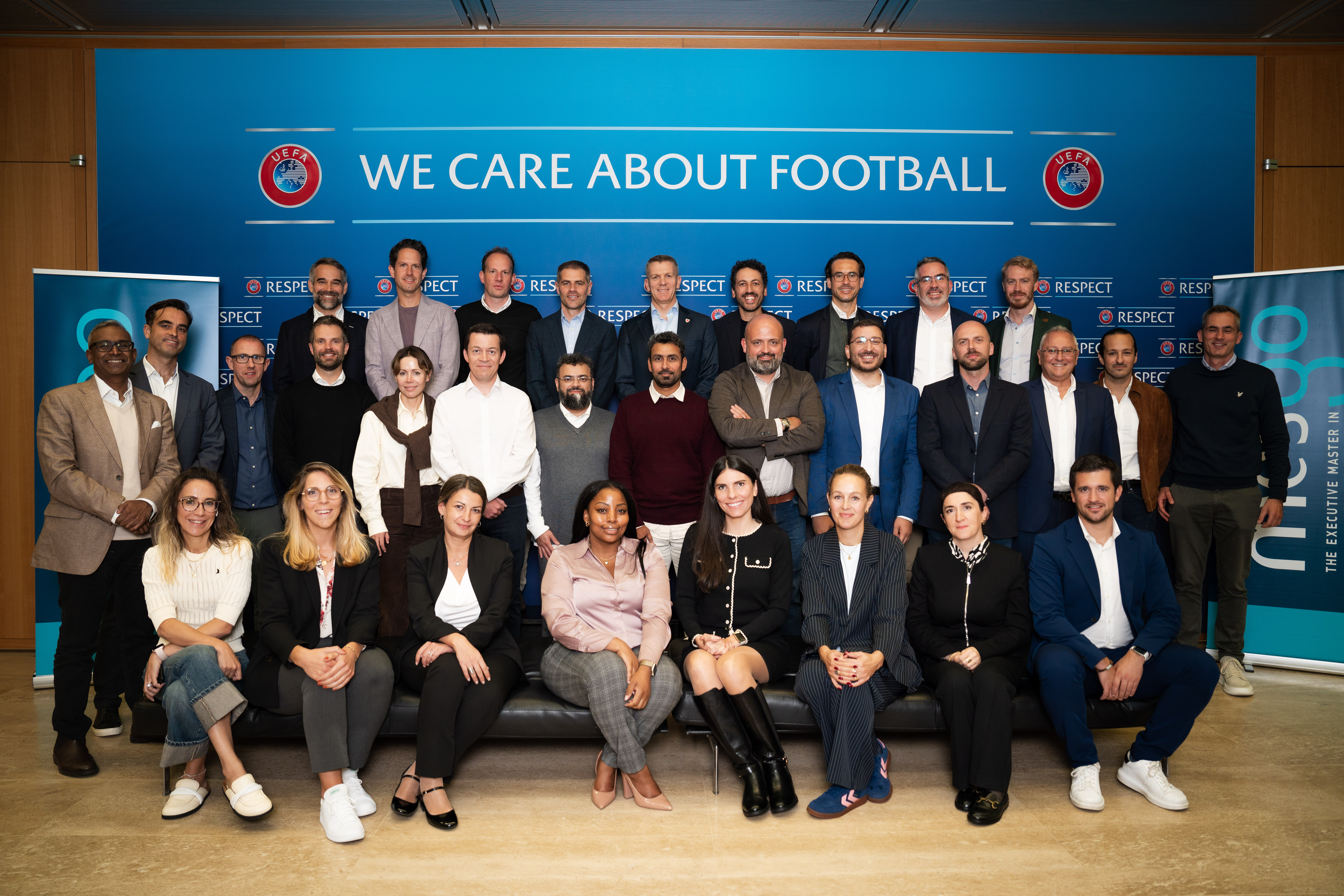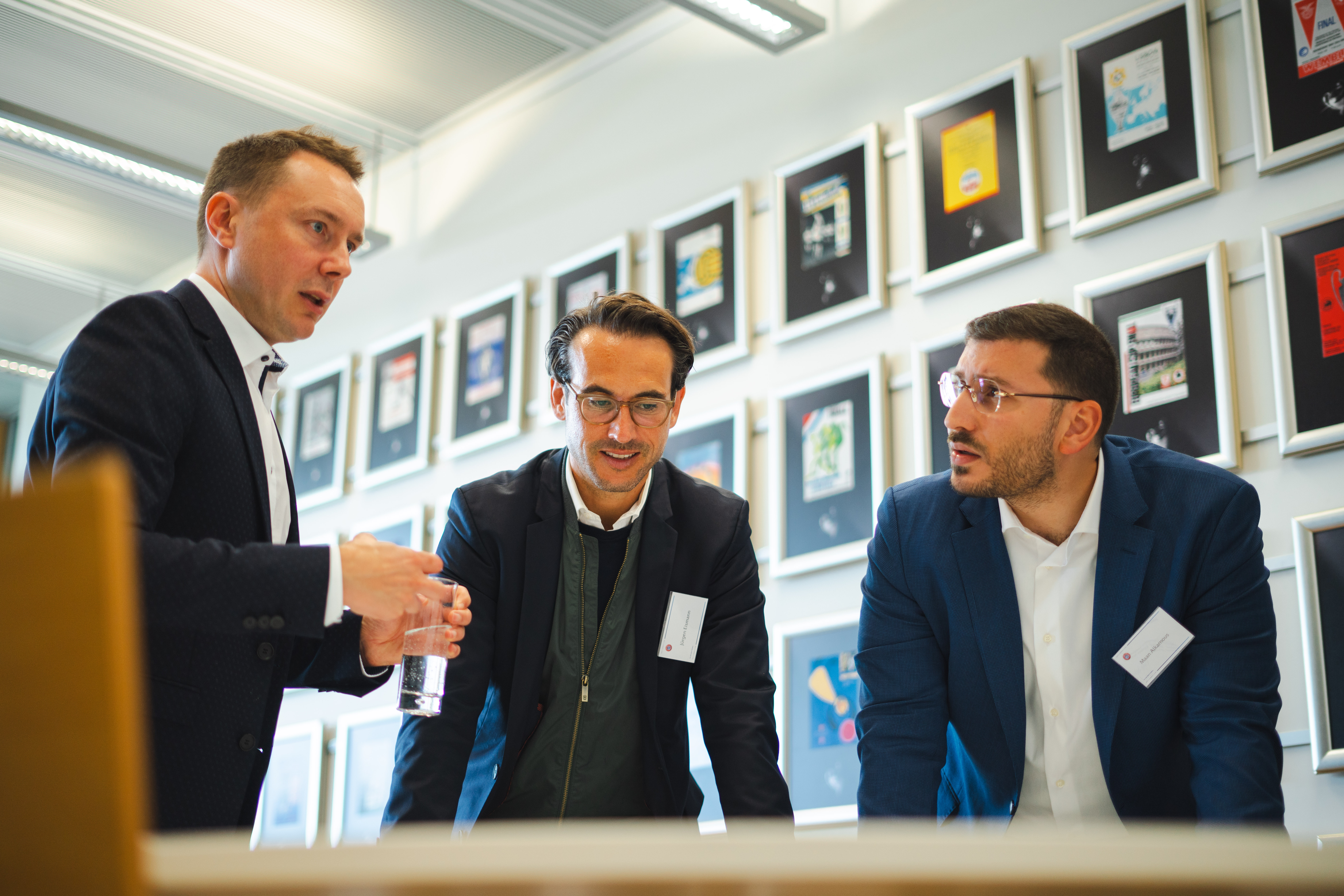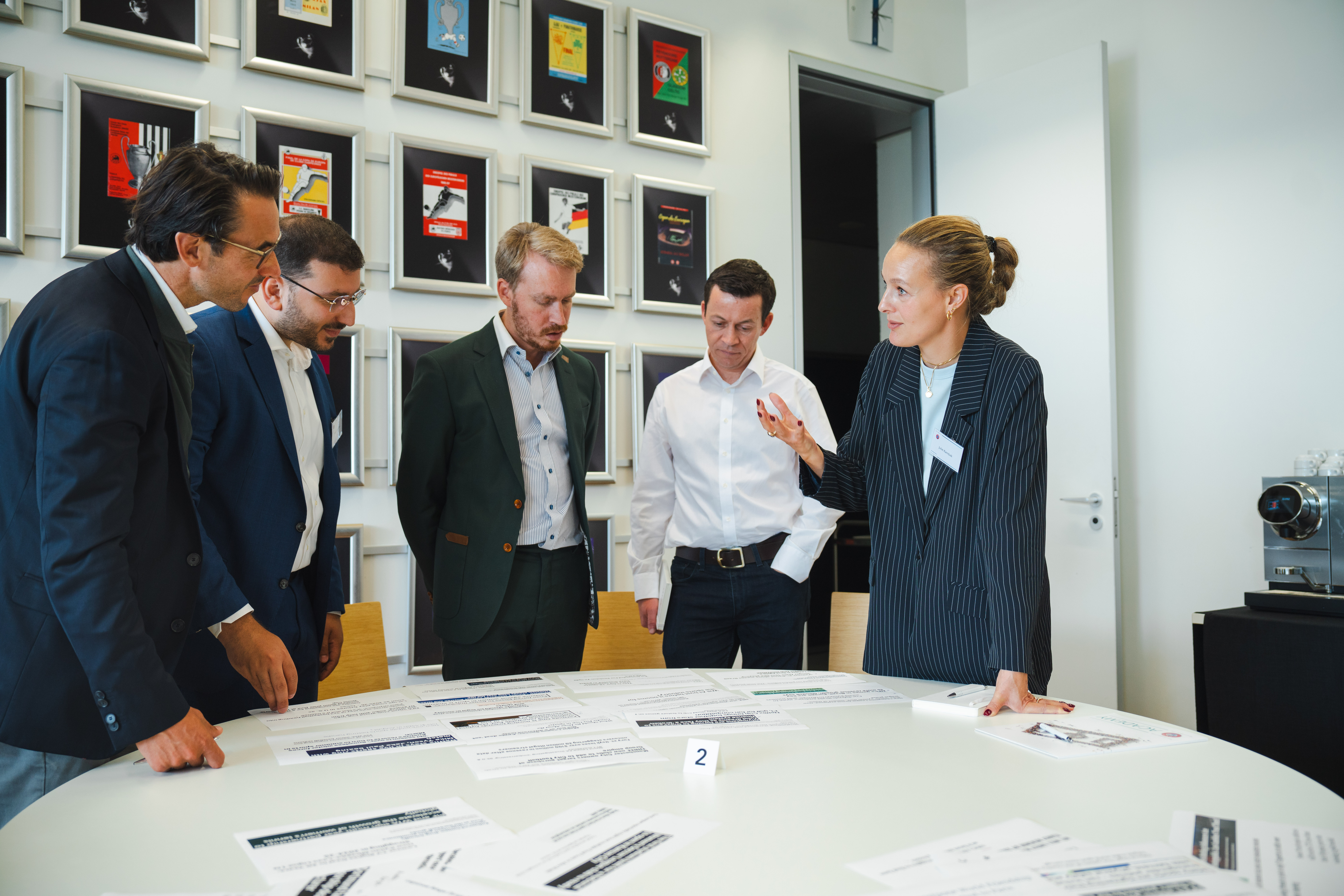Executive Master in Global Sport Governance (MESGO)
MESGO is a highly acclaimed, exclusive programme for sports industry leaders who are looking to strengthen their strategic thinking in the evolving world of global sports governance, and who are keen to access a unique network of influential business experts.
Programme Overview
MESGO is an exciting international master’s programme that combines a multidisciplinary approach to learning with an in-depth analysis of the legal, political and economic issues in sport. It addresses the global issues faced by sports organisations today, such as the specificity of sport, competitive balance, commercial rights, the prevention of match-fixing, anti-doping, social dialogue, social responsibility and good governance. Nine week-long sessions are offered, each in an international location and each providing a unique opportunity to learn from the elite leaders within the sports industry.
Quick view
Faq
- Who Industry influencers working in sports organisations (not only football): associations, clubs, leagues, players’ unions, public authorities, international institutions and partner organisations of sports bodies
- When Every two years; Ninth intake in autumn 2026
- How Long 20 months
- Where Six sessions in Europe, two in the United States and one in Asia
- Price €21,900 (including all programme materials, lunches, coffee breaks, as well as at least one social evening per seminar)
- Number of participants 30
- Academic certification Executive Master, 60 ECTS credits
- Language English
- Applications Applications for MESGO 9 are open (end 31 March 2026)
- Website https://www.mesgo.org
- Inclusivity, Diversity and Parent Support We welcome all participants from diverse backgrounds and cultures, recognising the unique value that diversity brings to our community. If you have any uncertainties about meeting specific programme criteria, we encourage you to reach out to us. in addition, the UEFA Academy is aware of the challenges parents of young children can be facing when perusing continuous education. Should you believe it could be an obstacle to your education journey, contact us to learn more about the support the UEFA Academy can offer in that regard.
- Be part of the MESGO Alumni Association After graduation, your journey with the programme continues. Join a global network of 150+ sport industry leaders, engage in exclusive networking opportunities, contribute to event organisation, and stay connected through dedicated platforms, expert-led sessions, and dynamic communication channels.
Important dates
- 01 Oct 2025 Application open MESGO 9
- 31 Mar 2026 Deadline application MESGO 9
- 05 Oct 2026 Programme starts MESGO 9
Programme Outcomes
- Insight to anticipate forthcoming key challenges and exploit current and future dynamics
- Solution-driven attitude
- Ability to positively impact the development of sports governance
Roadmap
Nyon & Lausanne, Switzerland
The purpose of this introductory session is to develop an understanding of the institutional and economic environment in which international sport operates and to define governance concepts in the context of sport specifically, including the European model of sport. This session seeks to explain the fundamental mission and objectives of sport’s governing bodies, in a world that facing structural changes.
During this session, you will notably broaden your knowledge of:
- the impact of major issues such as sustainability or geopolitics on the organisation of sport;
- the stakeholder universe in a global sports context;
- the role of international and national federations/associations;
- governance structures, boards and the performance of sports organisations;
- indicators for better governance.
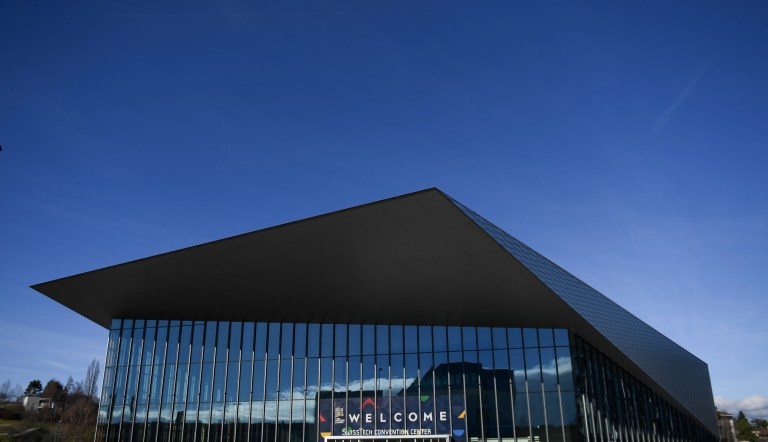
Paris, France
In this session, the focus moves to illustrating the range of contrasting competition designs and regulatory systems employed by different sports for successful competitions, outlining their respective strengths and weaknesses in the context of sport’s particular economic framework.
During this session, you will notably broaden your knowledge of:
- the importance of achieving competitive balance in successful competitions, and the policy mechanisms available to achieve it;
- the specific role of licensing and financial sustainability systems in achieving economic stability in a professional sport system;
- the regulation of sports labour markets, including an assessment of key policy measures, such as the role of the transfer market and salary management systems;
- the role of the solidarity payment function in supporting grassroots sport, and the relationship between professional club, and national team, competitions;
- the nature and function of different ownership and investment models in professional sport team and competition organisation.

Brussels, Belgium
This session aims to describe the very broad legal context in which sport’s governing bodies operate, raise awareness of the range of legal issues they face and present the legal mechanisms available to sport’s governing bodies in their governance and regulatory roles.
During this session, you will notably broaden your knowledge of:
- the external management of legal disputes, i.e. the different sources of international sports law and the role of the Court of Arbitration for Sport;
- the internal settlement of legal disputes, i.e. the management of a legal department and the disciplinary powers of sport’s governing bodies;
- the legal and political framework for sports in Europe, i.e. EU law and its application to sport, with a particular focus on the so called «European Sport Model»;
- the critical importance of legal risk management and the different practical ways to achieve it;
- the key role of advocacy at the EU level in influencing and shaping EU sports policy and governance.

New York City, United States
The purpose of this session is to gain a better understanding of how sport is organised in North America. The idea is to analyse the professional sports in North America and understand the context in which major leagues emerged and developed, their principles, their regulatory tools and their relationship with their environment (national and international).
During this session, you will notably broaden your knowledge of:
- the economic and regulatory structure used to achieve competitive balance and financial stability in the five major North American professional sport leagues;
- labour market regulation: Talent stock regulation (e.g. wage caps) and flow regulation (e.g. the player draft system);
- the revenue-sharing system;
- the use of a collective bargaining agreement as a key element of regulation;
- the tools used to promote gender equality and to fight against discrimination.

London, United Kingdom
The aim of this session is to develop a comprehensive understanding of and approach to revenue generation and economic models in sports organisations. This session provides a balance of foundational principles, innovative strategies, and practical applications, aimed at optimizing financial performance and sustainability for sports organisations.
During this session, you will notably broaden your knowledge of:
- the fundamentals of revenue generation, including diverse income streams and economic models in the sport industry;
- the importance of a strong brand in developing commercial opportunities;
- how the broadcasting landscape is evolving and its impact on the economic models of sports organisation;
- the impact of digital transformation on revenue generation, including the monetisation of digital content and fan engagement platforms;
- how economic models can be used strategically by sport organisations.
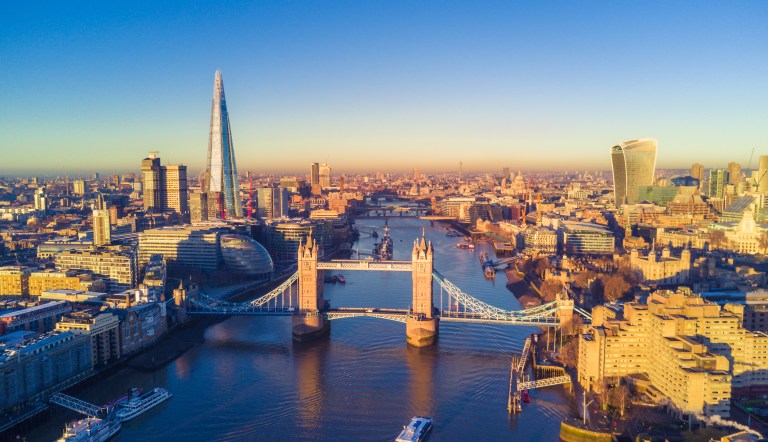
Mainz & Frankfurt, Germany
The main objective of this session is to demonstrate the importance of sustainability, ethics and integrity in sports and for sports institutions. First, this session encourages critical thinking and value-driven decision making. Second, it will help to precisely understand the range of ethical and integrity challenges in sport and outline key mechanisms for addressing these. Third, the session addresses how sustainable development of sport can be promoted as well as how sport can promote sustainable development in society.
During this session, you will notably broaden your knowledge of:
- the theoretical foundation of ethics and integrity in sport, i.e. fairness, respect and equity as practical guidelines for management decision-making;
- sport and sustainable development;
- contemporary integrity issues in sport, such as corruption, match-fixing, doping, abuse, and regulatory mechanisms for addressing them;
- discrimination in sport on the basis of ethnicity, gender, disability, sexual orientation, etc., and policies used to address it;
- the social responsibility of sport and sport organisations (in relation to human rights, violence, etc.).
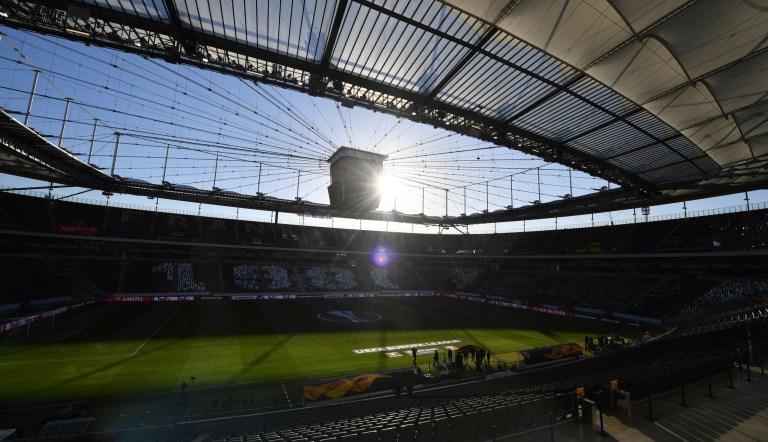
Dubai and Abu Dhabi, United Arab Emirates
This session explores how sports events and participation strategies can drive sustainable development in sport. Set in the UAE – a region rapidly emerging as a global sports hub – it offers a unique opportunity to study local dynamics while comparing international approaches to event hosting, grassroots engagement, and legacy planning.
Key learning objectives:
- Understand governance models and operational planning for sports events.
- Analyse the evolution of bidding processes and legacy strategies.
- Explore public and private sector roles in promoting participation.
- Discover how innovation in events can be use to attract new audiences.
- Examine strategies used by federations to grow grassroots sport.
- Learn best practices in risk management and crisis communication.
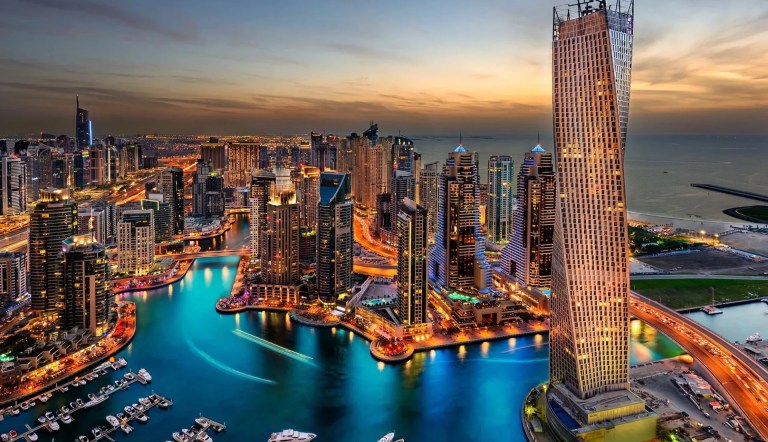
Silicon Valley, United States
The goal of this session is to raise awareness of the need to take innovation into consideration and demonstrate that innovation is not only about using technologies or digital transformation, but must be a general process that structures the management of the organisation and its strategic development, and links it with the skill set needed by those in leadership positions in the sports industry.
During this session, you will notably broaden your knowledge of:
- technologies and the way they will affect sport activities and sport governance;
- the innovation mindset led by start-ups active in the sports industry;
- disruption and change management;
- innovation management and leadership;
- ethics and innovation.

Singapore
This session is designed to provide a comprehensive overview of the key challenges that sports governing bodies are likely to encounter in the future. It will examine, from a global perspective, the major mega and meta trends shaping the landscape, as well as the disruptions that are already emerging today. These shifts are not only relevant to the sports industry but also to society at large. The session will equip executives with valuable tools and strategies to anticipate, manage, and effectively navigate the evolving future of both sport and society.
During this session, you will notably broaden your knowledge of:
- the major challenges shaping the future of sport, including technological, societal, and environmental disruptions;
- advanced methods and foresight tools to anticipate and navigate emerging challenges in the sports industry;
- the mega-trends influencing the future of sport and their implications for governance, policy, and strategic decision-making;
- integrity threats in sporting competitions, including ethical dilemmas, financial misconduct, and technological manipulation;
- the development of resilient and forward-looking strategies to ensure the sustainability and competitiveness of sports organizations in an era of rapid change.
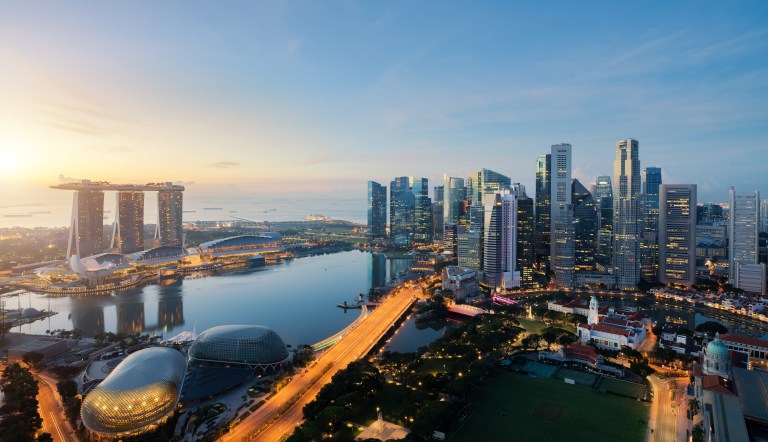
UEFA HQ, Nyon, Switzerland
The viva (the oral defence of a thesis) is the final examination undergone by participants who have been successful in their class participation and continuous assessments. Following the viva, a graduation ceremony will be held at UEFA HQ in Nyon, marking the end of the MESGO journey. After their graduation, participants automatically join the MESGO alumni, a unique network of over 120 sports industry leaders!
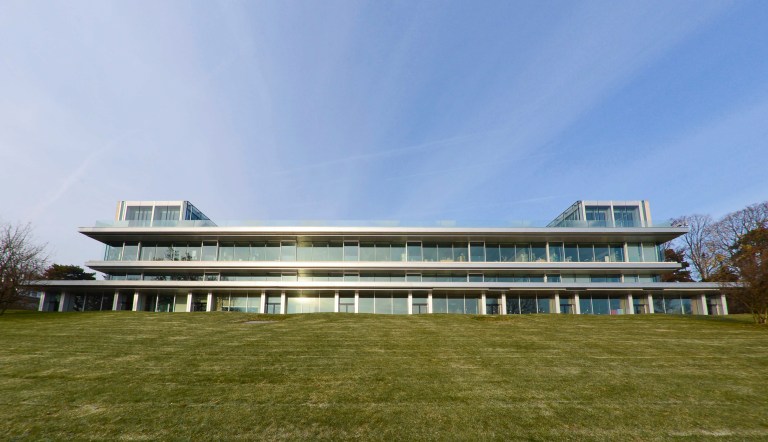
UEFA PRESIDENT’S
MESSAGE
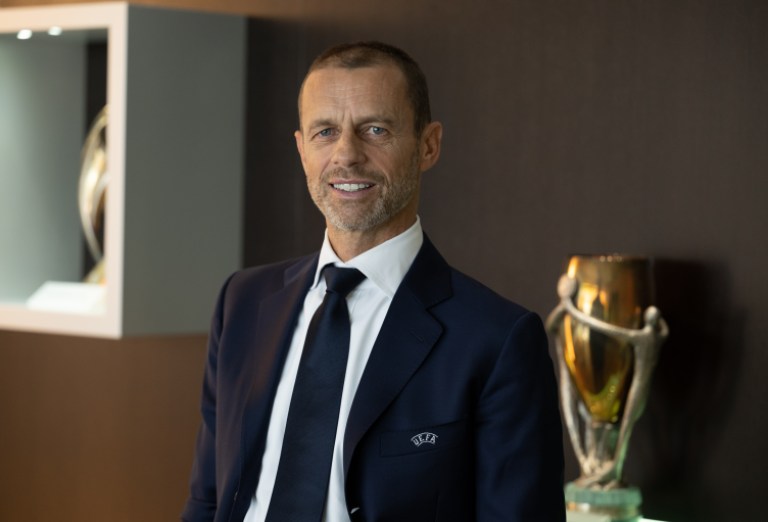
Aleksander Čeferin, UEFA President
More than ever before, sports organisations need leaders and decision-makers who understand the global challenges influencing the future of sport and who are quick to take decisions within an ethical framework.
In my role as UEFA’s president, it is important for me to understand the dynamics of a fast-moving environment and to take decisions that will have a positive impact on UEFA’s future and foster the growth and protection of European football. This cannot be achieved in isolation: I rely on other leaders who grasp the challenges facing us and have a full understanding of good governance and transparency.
The Executive Master in Global Sport Governance (MESGO) was developed to provide sports industry leaders with the tools to anticipate forthcoming challenges, to exploit the dynamics of the environment and to accelerate the development of sound sport governance. Over the past decade, MESGO has proved to be a transformative pathway for sports decision-makers and has had a positive impact on the development of many sports organisations worldwide.
Cooperation between academic institutions, public authorities and sport’s governing bodies is a key feature of the MESGO programme. Based as it is on practice as well as theory, the programme involves many high-level practitioners, who provide personal expertise and real-life examples from a range of stakeholder organisations. Furthermore, with industry leaders both speaking and taking part in the programme, MESGO provides participants with a unique network to help them to grow their organisations and nurture their own leadership skills.
We at UEFA have given our full support to the programme in the knowledge that it benefits not only football, but the sporting world as a whole. We can be proud of MESGO’s impact. Important new benchmarks have been set, careers have been accelerated, and the programme will continue to play an essential role in giving senior managers the tools and skills to improve sport governance – enhancing sport’s overall well-being, unity and credibility at the same time.
Now is your chance to be part of it!
What our students and experts say

